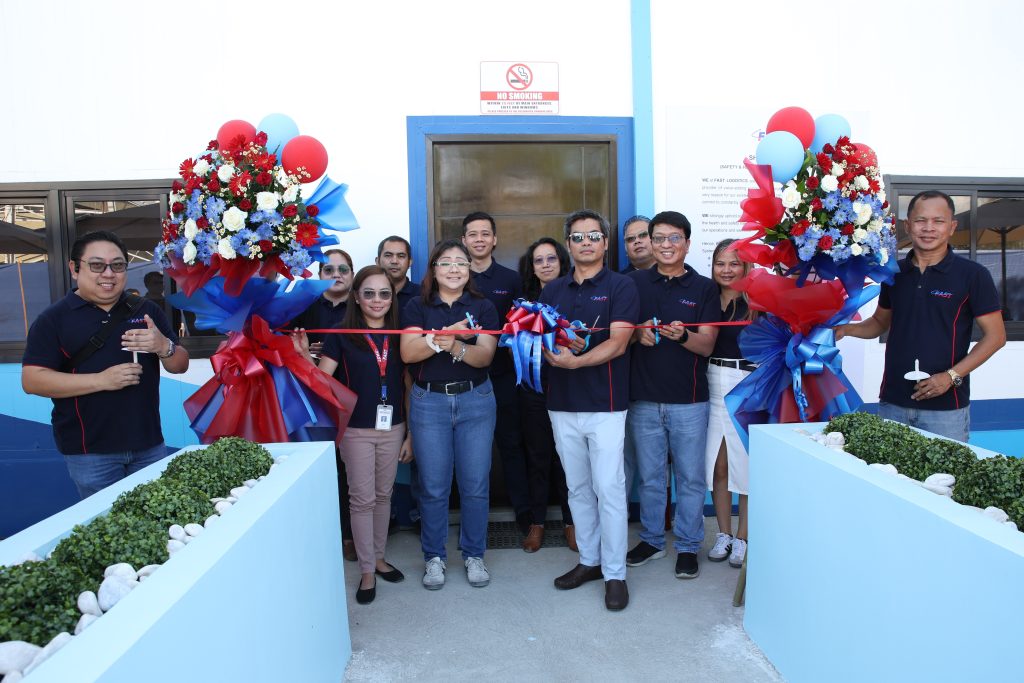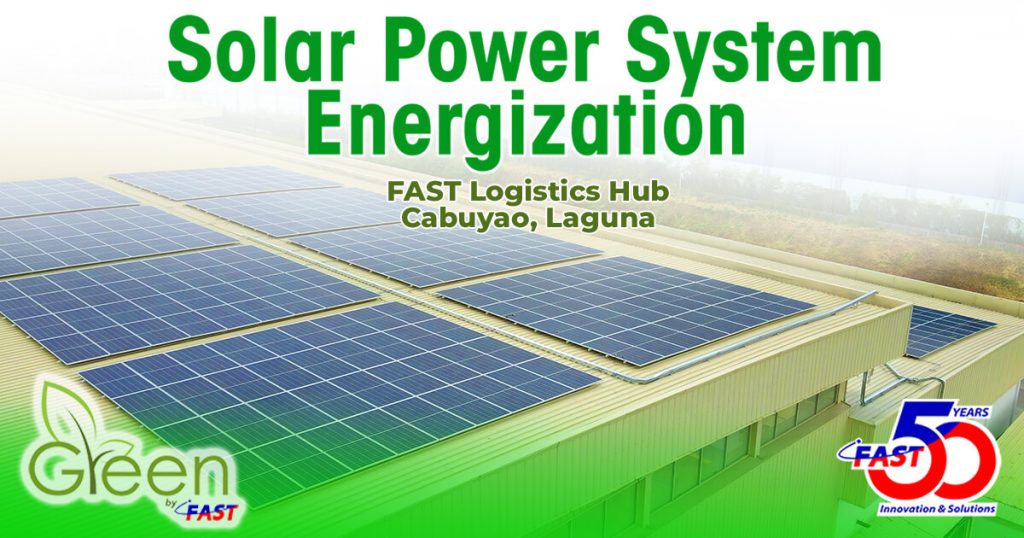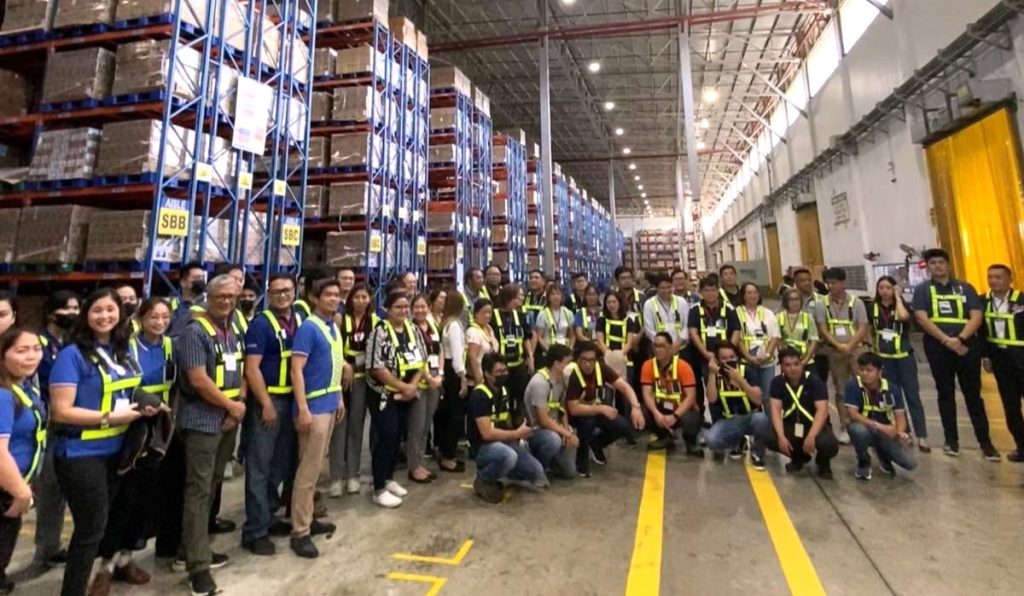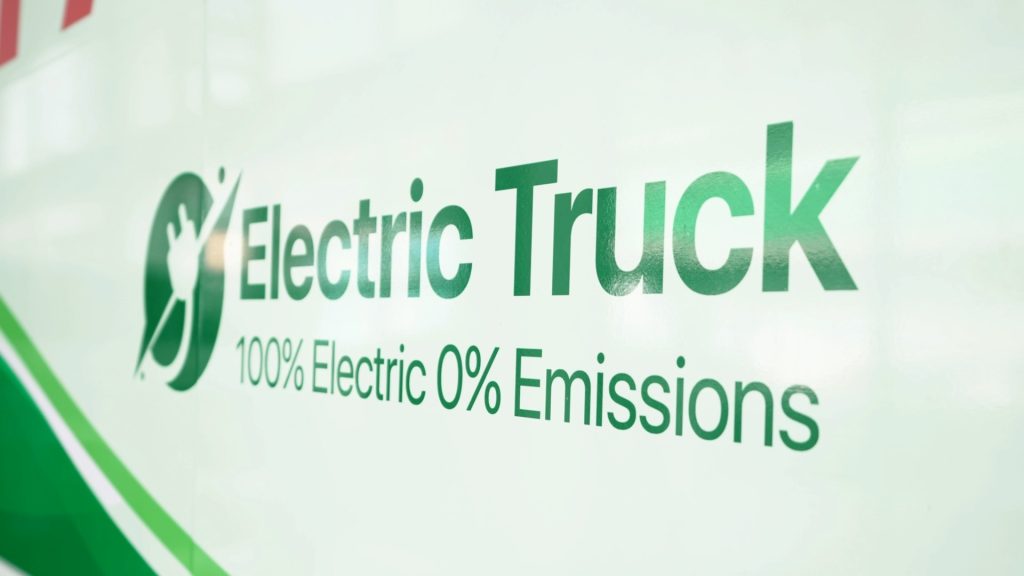
FAST Logistics Group, the Philippines’ premier end-to-end logistics company, recognizes that embracing sustainable practices goes beyond environmental stewardship and positive societal impact; it also fuels operational efficiency and long-term profitability.
The business landscape has witnessed the growing significance of sustainability. More consumers demand carbon footprint reduction and a shift to renewable energy, pushing organizations to reevaluate the environmental costs of their operations and processes.
As a result, sustainability has evolved from a mere trend to a strategic imperative for organizations to thrive. Companies, including those in the logistics industry, are pivoting towards green initiatives and becoming more conscious of their role in the global climate movement.
With over five decades of industry leadership, FAST has consistently embraced a tech-forward approach and an innovative mindset to propel sustainability in its operations. Whether through the adoption of electric vehicles or the utilization of solar-powered warehouses, the company has been exploring avenues for sustainability while continuously elevating service levels for its partners and clients.
Key Takeaways
- The business landscape is increasingly recognizing the importance of sustainability due to consumer demand for carbon footprint reduction and renewable energy. Sustainability has transitioned from a trend to a strategic necessity for organizations to succeed.
- Companies, including those in the logistics industry like FAST, are embracing green initiatives to address environmental concerns. These initiatives include adopting electric vehicles and utilizing solar-powered facilities to minimize their ecological impact while improving service levels.
- Critical components of sustainable logistics include the adoption of green transportation alternatives like electric trucks, fostering transparent supply chain operations, and implementing circular supply chain models to reduce waste and promote resource conservation.
- Emerging innovations such as solar-powered warehouses and the utilization of advanced technologies like AI and IoT are driving the industry towards more efficient and sustainable logistics operations.
Understanding Sustainable Logistics
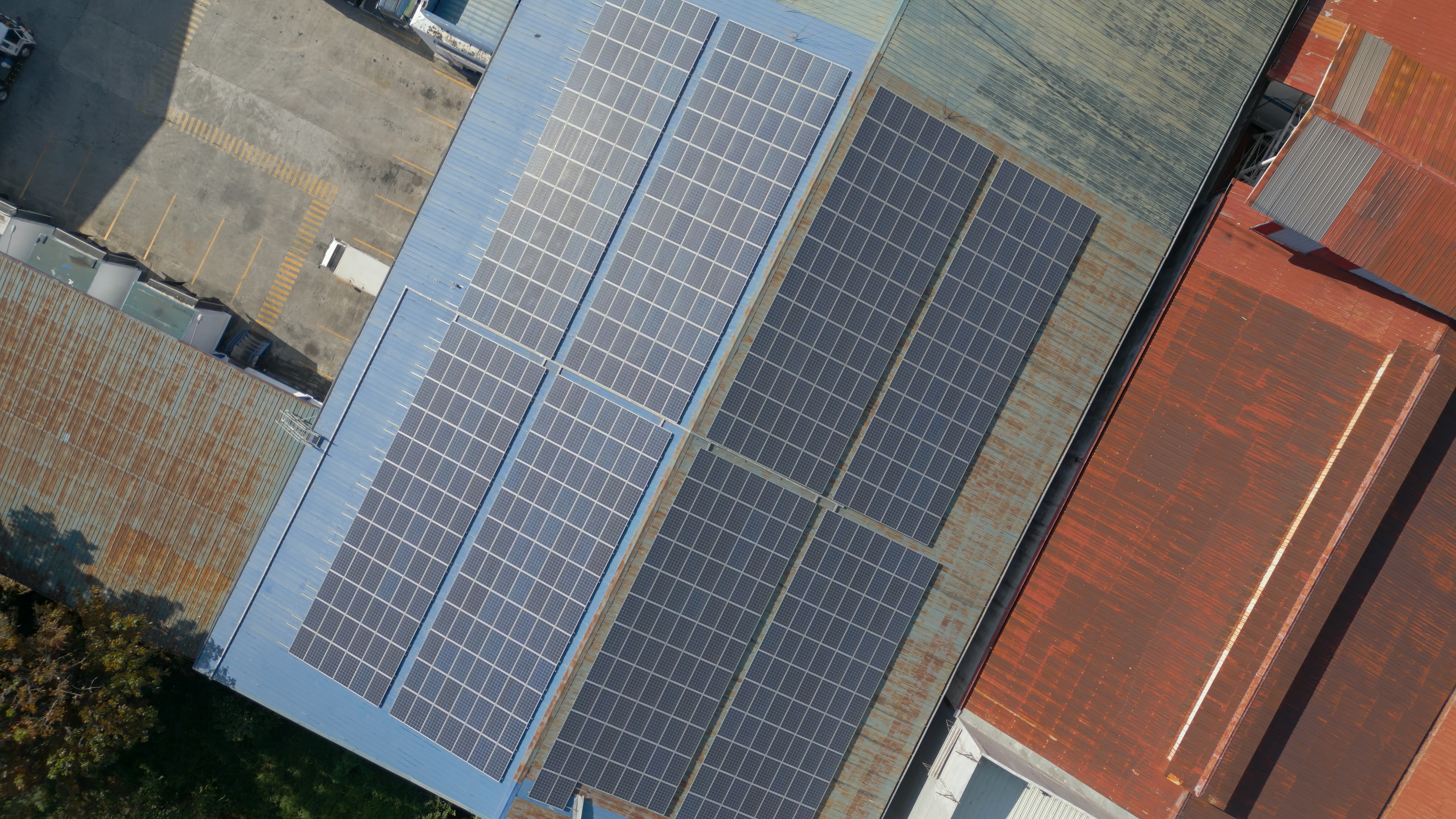
Sustainable logistics refers to the process of managing the flow of goods and services in an environmentally responsible and resource-efficient manner meant to minimize the impacts of the practices involved. It involves strategies that cut carbon emissions, minimize wastage, and maximize resource use.
These include leveraging renewable energy sources, constructing sustainable warehouse facilities, adopting sustainable packaging and raw materials used, conserving resources, and promoting a culture of sustainability among employees, among others.
Making sustainability a priority throughout the entire supply chain and logistics is crucial for businesses. It’s a long-term commitment, but the key is to introduce sustainable logistical and supply chain practices and seamlessly integrate them into operations.
Advantages of Sustainable Logistics
Contrary to misconceptions, sustainability in logistics extends far beyond meeting the demands and expectations of environmentally conscious consumers. Instead, it offers tangible benefits to organizations courageous enough to go green. Here are some of them.
Reducing Operational Costs
Adopting sustainable practices in logistics often results in optimized routes, reduced fuel consumption, minimized energy use, or decreased maintenance costs. These measures not only contribute to environmental conservation but also lead to substantial cost savings for businesses. Becoming more conscious of sustainable processes also enables organizations to review and address bottlenecks and wastage while enhancing their supply chain transparency and overall operational efficiency.
Meeting Regulatory Compliance
Governments and international bodies are increasingly introducing regulations aimed at promoting eco-friendly corporate practices. By proactively incorporating green initiatives into business processes, organizations become more resilient and flexible when increased regulations are introduced. It also positions the company as a responsible and compliant industry player that can be given incentives or tax breaks.
Enhancing Corporate Reputation
Consumers today are more environmentally conscious than ever before. Embracing sustainability in logistics not only meets the expectations of eco-minded customers but also enhances a company’s overall reputation. Positioning an organization as an environmentally friendly and responsible business fosters brand loyalty, attracts new customers, and sets it apart from competitors.
Attracting and Retaining Younger Talents
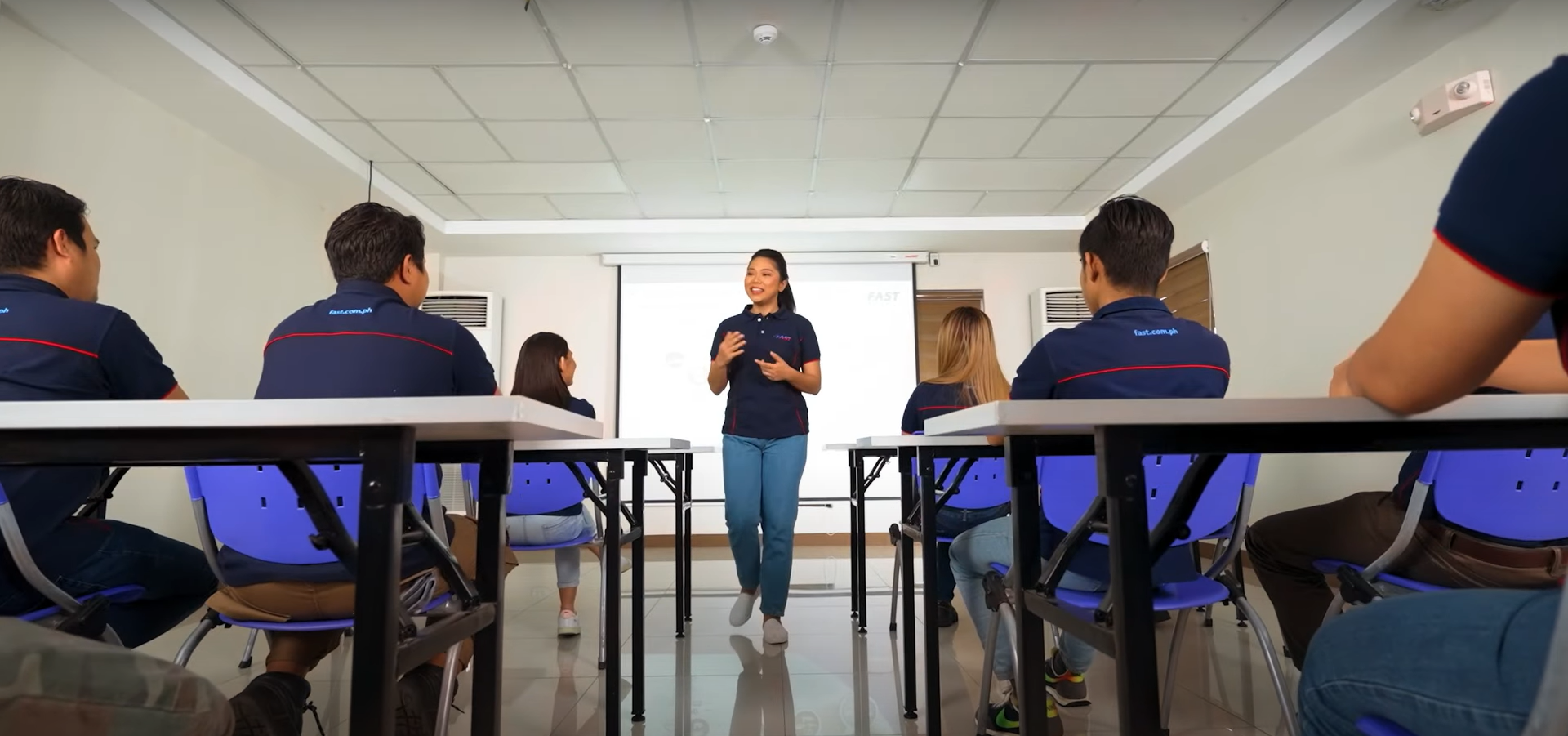
Young employees are more environmentally aware than the preceding generations, so they also seek opportunities to work for companies that align with their values. As the number of young employees increases in the workforce, the talent competition will intensify in the years to come. Implementing sustainable practices in logistics makes businesses more attractive to them. Moreover, employees who perceive their workplace as socially responsible are likely to be more engaged, leading to higher retention rates and increased engagement and productivity.
Future-Proofing Business Practices
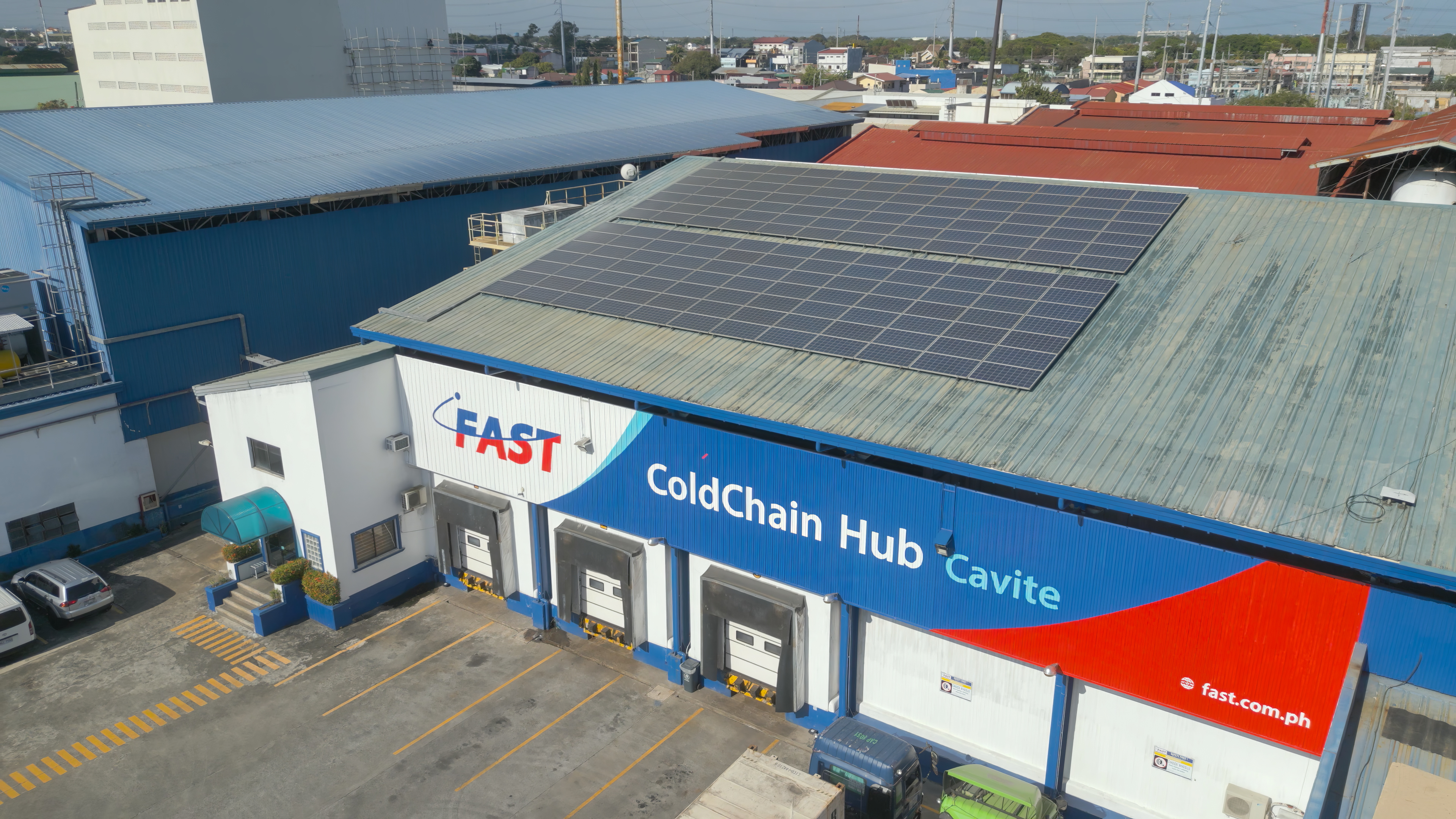
Integrating greener initiatives safeguards organizations against evolving market trends that may pose a threat to their existence or longevity. Adapting a more sustainable model also positions a company as a forward-thinking industry leader, capable of navigating the challenges in an ever-changing business environment.
For businesses operating in the logistics industry, this means taking proactive steps towards reducing their carbon footprint and implementing eco-friendly practices throughout their more sustainable supply chain management. This can include using alternative fuel sources for transportation, implementing waste reduction and recycling programs, or utilizing technology to optimize routes and reduce fuel consumption.
Making Logistics More Sustainable
Pushing sustainable logistics requires a mix of innovation and adaptability. Over the years, FAST has been showcasing its innovativeness and versatility in embracing solutions intended to make its supply chain management practices more eco-friendly.
Recognizing the interconnected benefits of sustainable practices for the environment, society, and business longevity, FAST recently unveiled its first fully electric-powered truck, a big leap toward sustainable transport. The FAST vehicle, equipped with GPS and an advanced AI dashboard with a dashcam, runs up to 280 kilometers on a single charge at an average speed of 80 kilometers per hour without emitting CO2.
The logistics industry leader has also been leveraging solar energy systems to reduce both its logistics hubs’ electricity costs and carbon footprint. It has opened a solar-powered cold-chain facility in Cavite and a solar-powered warehouse in Cabuyao, Laguna.
FAST continuously optimizes its resource utilization to reduce waste, enhance energy efficiency, and improve overall performance. These initiatives contribute not only to environmental sustainability but also benefit the company by yielding substantial operational cost savings, enhancing brand reputation, and attracting top talent. As a forward-thinking industry leader, FAST not only adapts to market trends but actively shapes a sustainable future for all.
How to get Started with Sustainable Logistics?
How to get started with sustainable logistics practices? Investing in renewable energy sources is a great way to start — By collaborating with a third-party logistics (3PL) provider that places a high value on eco-friendly practices, you can enhance sustainability without getting caught up in the details. Seek out a 3PL that invests in electric vehicles to reduce greenhouse gas emissions and operates sustainable warehouses with features such as solar power and energy-efficient designs. This strategic alliance ensures that your logistics needs are met with the highest efficiency while aligning with your company’s environmental goals.
To discover more about FAST’s sustainable supply chain solutions, connect with our Solutions Expert or visitlinktr.ee/fastlogisticsph.
Categories
-
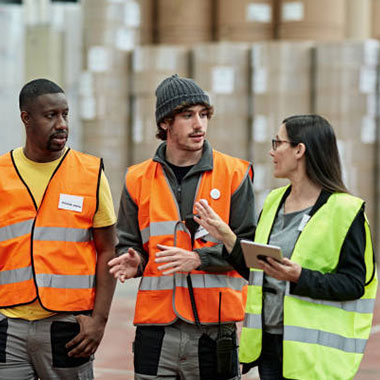
FAST Ahead
Includes case studies and testimonials of our partners as well as other featurettes from industry experts
-

FAST Hacks
We simplify logistics terms and provide practical tips and solutions for the DIY in you
-
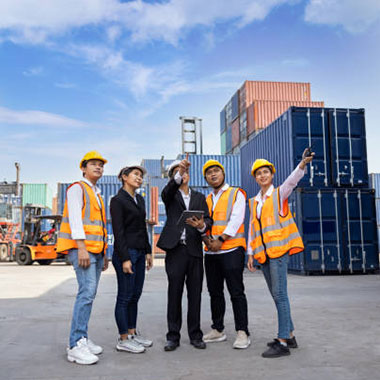
FAST Highlights
Know more about our history, various brands, achievements, and news updates
-
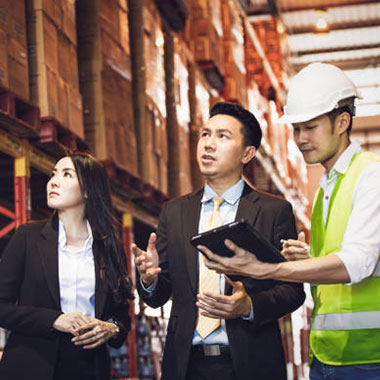
FAST Moments
Get to know the people of FAST, our employee programs, as well as our various ways of giving back to the community
-
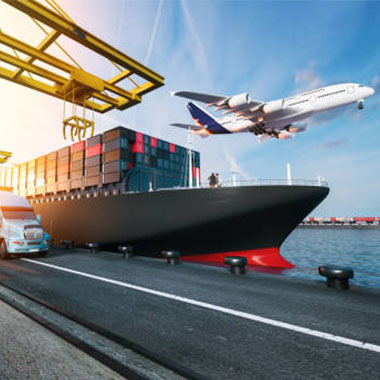
FAST Solutions
Learn more about the various logistics solutions that we cater to and offer our clients, as well as tech innovations, and service facilities
